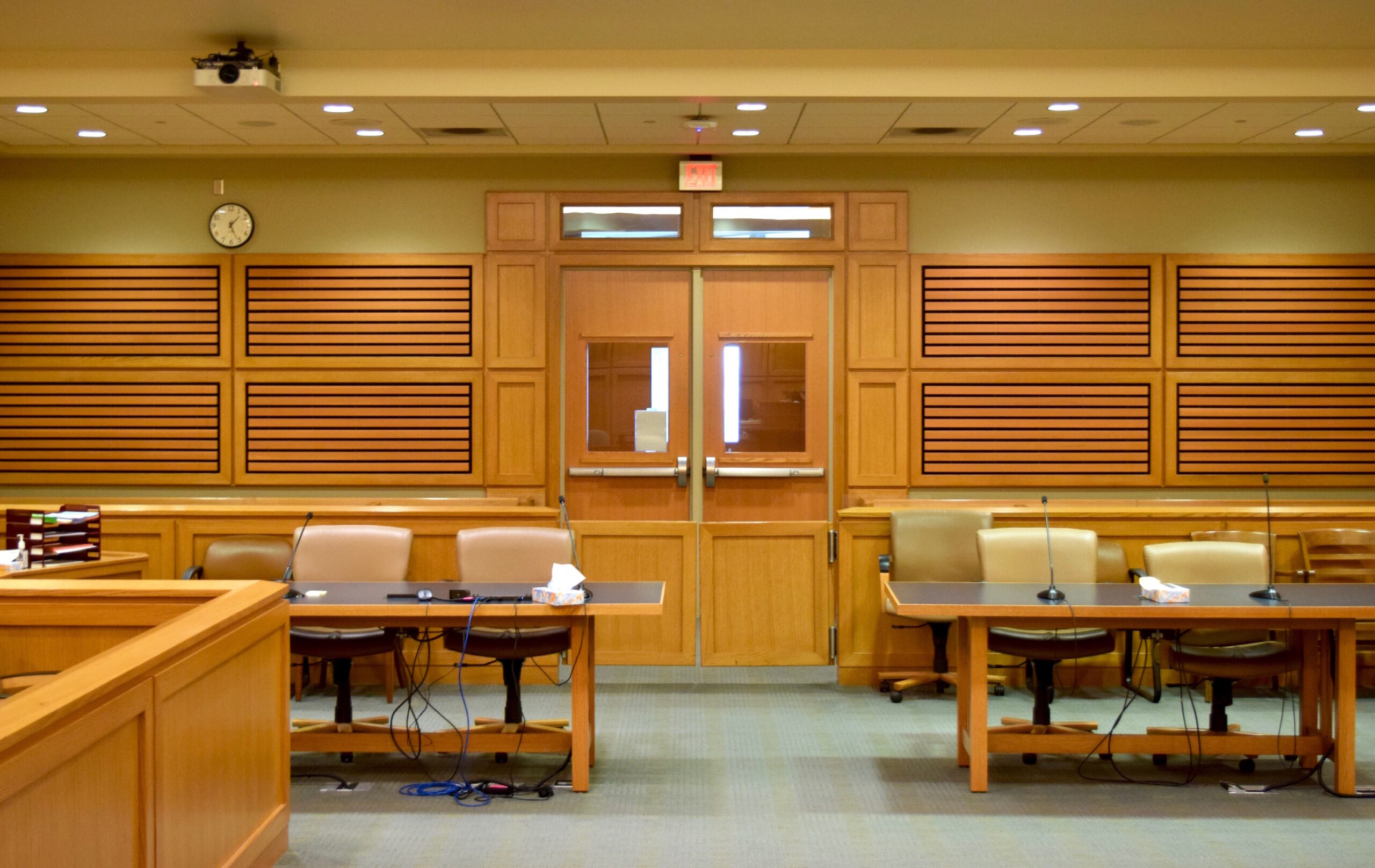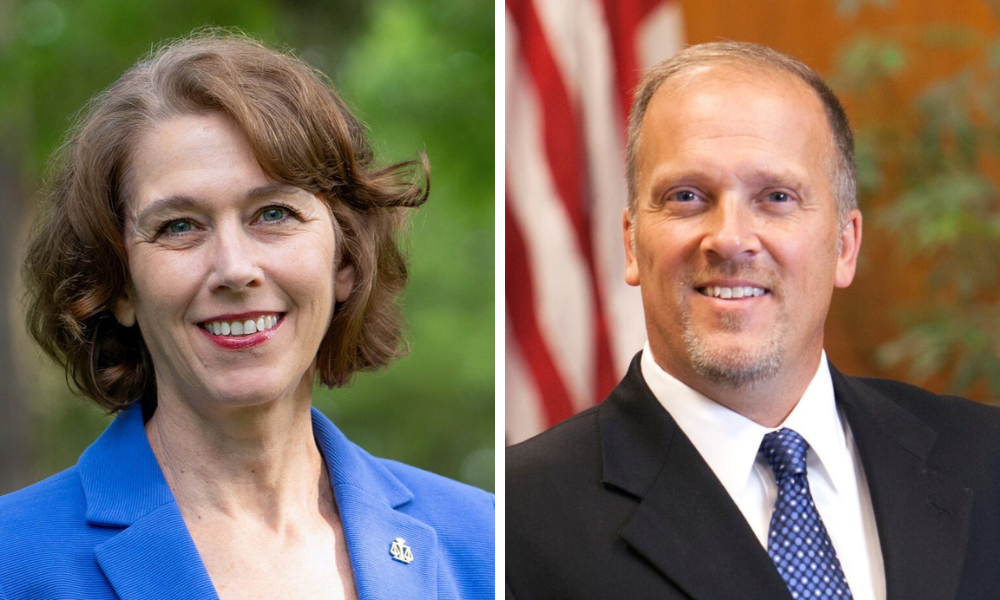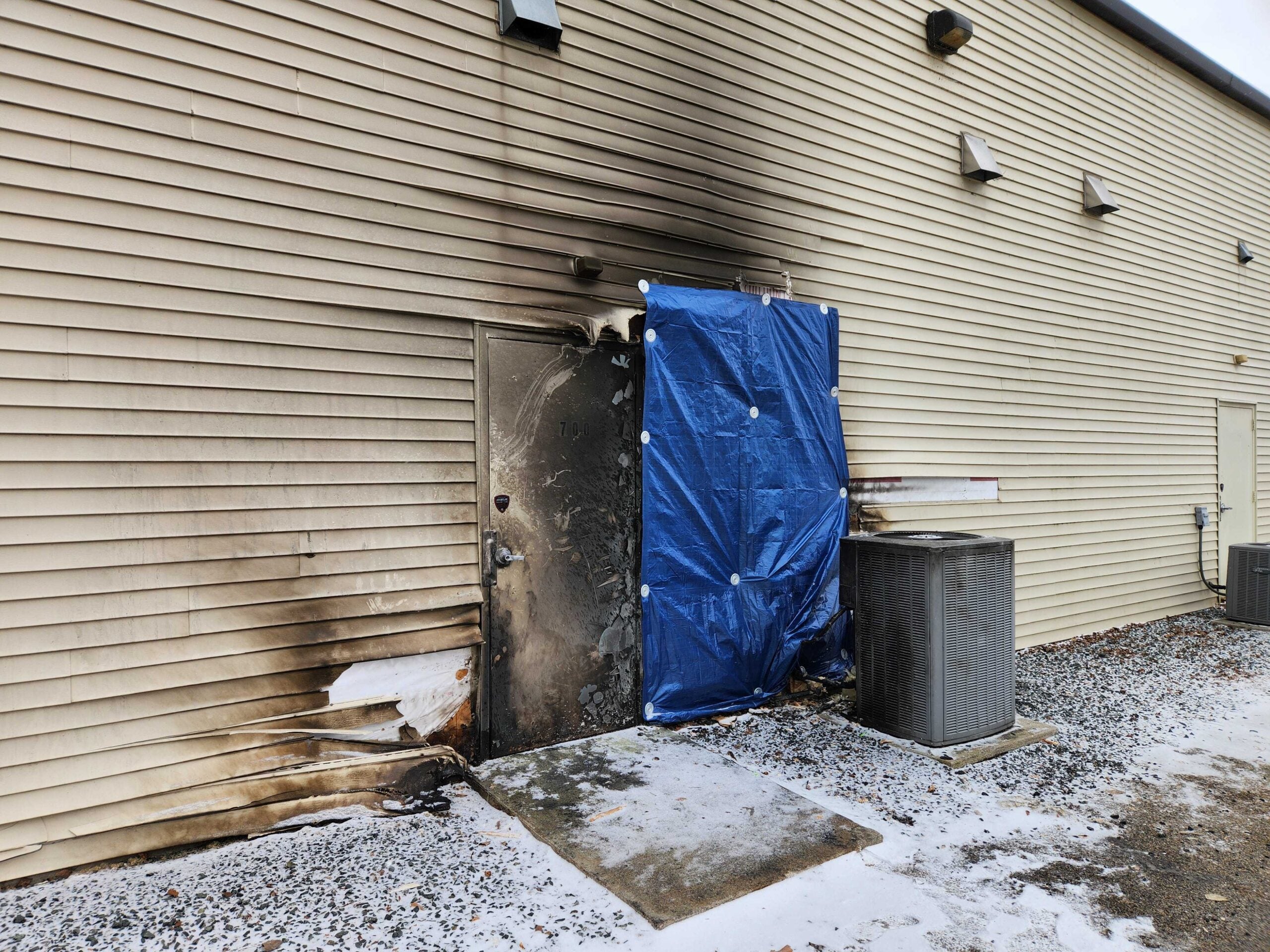Wisconsin’s public defender’s office is asking for changes that aim to reduce how often criminal charges are filed in Wisconsin.
The proposal submitted to Wisconsin’s Department of Administration is part of the agency’s budget request for the next two fiscal years.
Among other changes, the agency suggests amending state law to limit the definition of criminal disorderly conduct, and getting rid of state criminal charges for marijuana possession.
Stay informed on the latest news
Sign up for WPR’s email newsletter.
Democratic Gov. Tony Evers is weighing requests from state agencies as he prepares to submit a budget recommendation early next year. And Wisconsin’s Republican-controlled Legislature is expected to approve a final budget before the new fiscal year takes effect on July 1, 2025.
Disorderly conduct is a frequently-filed criminal charge
Last year, disorderly conduct was the most-frequently filed criminal charge in Wisconsin, with more than 27,500 cases filed, Wisconsin court system data shows.
“I think it gets used a lot because it’s a good catch all,” Adam Plotkin, a lobbyist for the state Public Defender’s Office, said of the charge. “If you’re not quite sure how it might get charged some other way, that’s kind of the default.”
Currently, Wisconsin state law sets misdemeanor penalties for ” violent, abusive, indecent, profane, boisterous, unreasonably loud or otherwise disorderly conduct.” But the State Public Defender’s, or SPD’s, budget proposal would limit that definition, striking the words “indecent, profane, boisterous (and) unreasonably loud” from the law.
Under the proposal, prosecutors could still charge disorderly conduct as a civil offense, according the SPD’s budget analysis.
The reforms proposed by the SPD would also remove state criminal charges for marijuana possession, making it an exclusively civil offense. And the budget request suggests limiting community supervision for offenders who are out of jail or prison to no more than 10 years.
The SPD suggests that change could reduce the incarceration rate of people by cutting down on how often people are sent back to prison. And the office argues it would alleviate some of the SPD’s staffing challenges, since public defenders represent people at administrative hearings when they’re facing the revocation of their community supervision.
Taken together, the SPD argues those changes would cut down on caseloads and save the public defender’s office a projected $8 million in 2027. While the U.S. Constitution guarantees the right to an attorney in criminal cases, someone who can’t afford to pay doesn’t have the right to an attorney if they’re facing a civil violation.
In crafting its latest recommendations, Plotkin said the office chose to focus on low-level criminal charges that often end up being dismissed or reduced to a civil ticket.
“What we have heard over time is kind of bipartisan interest in taking a look at both: Do we have enough resources in the criminal legal system?” Plotkin said, “As well as: Are the number of cases that are in the system appropriate?”
Even if the initial charge ends up being dismissed or amended, Plotkin said the record of that charge can still carry “collateral consequences” for someone who’s been entangled with the criminal court system.
“It’s a publicly available piece of information which has ongoing ramifications,” Plotkin said. “People are denied housing. They may be denied loans for education. Employers may do a criminal background check, which would return that that person had been arrested and charged for something.”
Prosecutor raises concerns
Fond du Lac County District Attorney Eric Toney said he’s skeptical the SPD’s proposed changes to criminal charges would save as much money as projected.
And he said he’s concerned that amending the definition of disorderly conduct could make it more difficult to charge domestic violence perpetrators with disorderly conduct-related charges.
Toney also noted that, in some Wisconsin communities, local prosecutors already have the option to charge marijuana as a civil violation resulting in a fine instead of a criminal offense.
“I think it’s important for communities to maintain that local control,” said Toney, a Republican who’s spent more than a decade as Fond Du Lac County DA. “If law enforcement and that community believes that a possession of marijuana should be issued as a criminal charge, that they have the ability to do so.”
A blanket, statewide removal of criminal charges for marijuana possession would be the wrong move, Toney argued.
“We already see huge problems in schools with kids with vaping,” Toney said. “If we were to essentially decriminalize the possession, we’re going to be making marijuana more accessible for children, and I am not in favor of drugs being more accessible for kids.”
Although Toney is the past president of the Wisconsin’s District Attorneys Association, he clarified that his opinions reflect his experiences as a Fond Du Lac County DA, rather than the opinion of the association that represents the state’s district attorneys.
In response to a request for comment, an Evers spokesperson referred to the governor’s past budget proposals, but did not include details on what criminal- charging reforms the governor plans to include his upcoming budget recommendation.
In past budget cycles, Evers has proposed removing criminal penalties for possessing small amounts of marijuana, as well as fully legalizing the drug.
But Republican lawmakers have rejected all of those proposals.
“Gov. Evers believes it’s long past time for Wisconsin to join other states in legalizing and taxing marijuana,” an Evers spokesperson wrote in an email Friday. “The governor in his previous budget proposals has included provisions that would have legalized, regulated, and taxed marijuana, ensuring a controlled market and that safe products are available for both recreational and medicinal users.”
Editor’s note: This story has been corrected to reflect Eric Toney’s current position with the Wisconsin District Attorney’s Association.
Wisconsin Public Radio, © Copyright 2025, Board of Regents of the University of Wisconsin System and Wisconsin Educational Communications Board.




